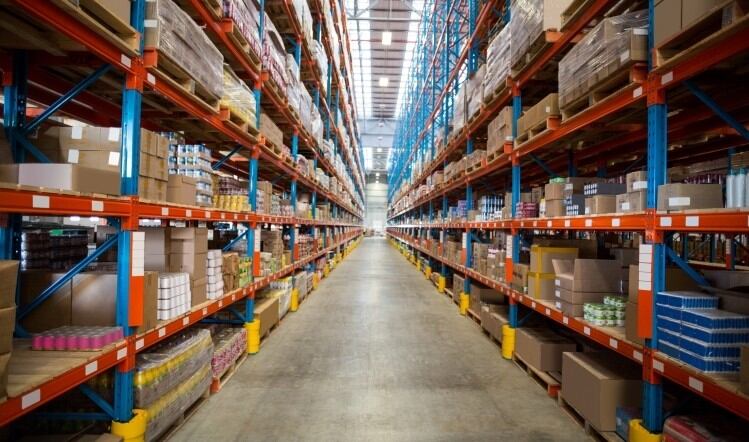The paper, The consequences of ‘no deal’ for UK business, is the 14th report based on the findings of the Exiting the EU Select Committee.
Summarising evidence presented to the Committee in hearings exploring the impact of Brexit, the report cites experts arguing that UK food and drink exports to the EU would face substantial tariffs, while the UK would be forced to accept zero tariffs on imports in a ‘no deal’ scenario.
This would include exports to the Republic of Ireland and imports into Northern Ireland.
According to Tim Rycroft, chief operating officer of the Food and Drink Federation (FDF), this would create a situation where a lot of product from NI would have to be diverted into Great Britain distorting the market and creating “massive surpluses”.
David Lidington MP, chancellor of the duchy of Lancaster, argued Northern Ireland exports would be subject to different legalities if Brexit occurred without a trade deal with the EU.
“A milk producer in Northern Ireland that sold milk regularly to a processing plant in the south would suddenly find that it would be unlawful for its buyer in the south to continue receiving Northern Ireland milk because it could not be certificated as complying with the relevant EU law,” Lidington said.
Significant storage space needs to be found
Huge surpluses of cereals and sheep meat would be created, for example, and significant storage space would have to be found to cope.
Food imports into the UK would also face new tariff and customs checks, which would particularly delay goods travelling from Calais to Dover. This would create availability problems for certain foods where the UK relies on imports to meet demand.
These would include goods such as milk powder for infant formula and confectionery, wheat for bread and fresh produce.
The report also highlighted concerns over the UK’s relationship with the European Food Safety Authority and its access to the EU Rapid Alert System for Food and Feed in the event of a no-deal, raising fears over the maintenance of food safety.
Commenting on the Committee’s report, Rycroft said: “FDF welcomes the findings in the Committee’s report. A no-deal exit from the EU would be disastrous for the UK’s food and drink industry, as we said in our evidence to the Committee.
“Within weeks it is likely that shoppers would notice significant and adverse changes to the products available and random, selective shortages. Limited shelf life products would face the most immediate risk.
Warehouse space already booked for Christmas
“The run up to 31 October 2019 is particularly stark. Food and drink manufacturers will not be able to secure additional frozen and chilled warehousing space or logistics capacity for stockpiling, as the required space is already booked for the peak Christmas production period.
“Manufacturers will, therefore, have no spare production capacity or ability to store ingredients and finished products. UK food imports will climb from autumn onwards as fresh food stocks decline, so any no-deal disruption will have a major impact on availability.”
“Our industry employs 450,000 people and has a turnover of £104bn. Analysis released earlier this week by the UK Trade Policy Observatory found that no-deal would destroy £18.5bn of UK food and drink manufacturing, with grave consequences for UK consumers.”
The Committee concludes: “A no-deal, non-cooperative relationship cannot be the desired end state for UK-EU economic relations.
“The closeness of the economic relationship is most evident in the agri-food sector on the island of Ireland. Those businesses that have not prepared for no deal will clearly be more affected than those that have.”
It also criticises the idea that the threat of a no-deal should be used to force the European Commission to renegotiate a Withdrawal Agreement that is more favourable to the UK.
“Some have argued that a no deal exit would bring the EU ‘back to the table’ and that the UK would secure a better deal as a result,” It states.
“This is, at best, a gamble. At worst, it could lead to severe disruption of the economy, pose a fundamental risk to the competitiveness of key sectors of the UK economy, and put many jobs and livelihoods at risk.”




